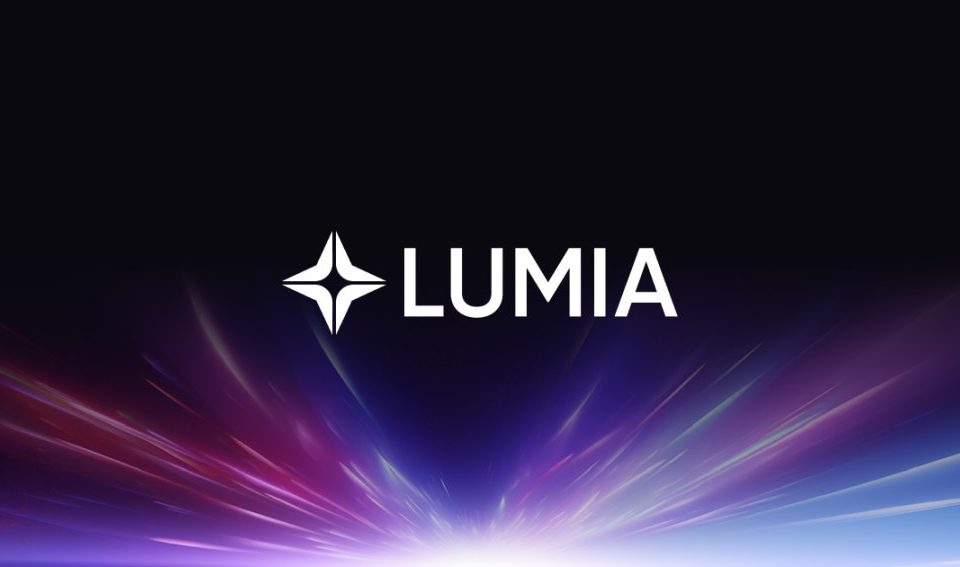Uniswap rewards vote sparks DeFi evolution: Lumia emerges as a game-changer

Earlier this month, the Uniswap Foundation witnessed unanimous support for proposed governance changes in a landmark temperature check vote. Among these changes is a significant adjustment to Uniswap’s fee structure, aimed at rewarding users who delegate and stake their tokens on the platform.
However, this proposal isn’t just about governance tweaks; it’s a pivotal moment for the DeFi ecosystem, signaling a fundamental shift in valuation and operational dynamics. The proposal sheds light on the critical challenge of unsustainable reliance on Liquidity Providers (LPs), a challenge that Lumia, an L2 solution focused on tackling DeFi liquidity fragmentation, is uniquely positioned to solve.
Almost immediately following the public unveiling of the Uniswap governance proposal, Lumia stepped up with its own proposition. Their solution addresses Uniswap’s liquidity provider bottlenecks using DNLP and trade matching across both centralized exchanges (CEXes) and decentralized exchanges (DEXes).
Understanding the root of this reliance issue requires grasping the workings of the traditional DeFi model. Under this model, 100% of platform fees are funneled to LPs, constraining revenue generation, governance incentivization, and token holder rewards. It’s a model at a crossroads, demanding a strategic evolution for the long-term sustainability and user experience of DeFi platforms.
Uniswap’s proposal to allocate a share of platform fees to UNI token holders triggered a market surge, demonstrating the clamor for fair value distribution within DeFi platforms. This reaction underscores the potential of solutions like Lumia, offering a more equitable and sustainable economic model.
Lumia: Revolutionizing DeFi Liquidity
Lumia’s revolutionary approach leverages CEX liquidity to offer DeFi platforms a viable alternative. By integrating Lumia, platforms can generate revenue even with a more competitive fee structure (e.g., 0.25% compared to the industry standard 0.3%). Lumia redistributes a significant portion of trading fees to its token holders and partners, echoing Uniswap’s new direction but with notable distinctions:
- Lumia eliminates the need for costly LP incentives by sourcing liquidity directly from CEXs, facilitating greater revenue distribution to token holders.
- Partners integrating Lumia can generate revenue, fostering a more inclusive ecosystem.
A Sustainable Future with Lumia
Lumia isn’t just replacing traditional LP systems; it’s revolutionizing liquidity provision in DeFi. By tapping into CEX liquidity, Lumia unlocks significant margins for stakeholder rewards and protocol revenue without burdening users with higher fees.
As DeFi stands at a critical juncture, Lumia emerges as an essential for the ecosystem’s evolution, setting a new standard for liquidity. It’s not just about addressing immediate challenges; it’s about setting a new liquidity standard for DeFi—a standard where success is shared among all stakeholders, from token holders to protocol partners.
The focus shifts from sustaining expensive LP models to creating an equitable and sustainable framework benefiting all stakeholders, including token holders. Lumia invites everyone to embrace this transformative journey, redefining liquidity for a new era of DeFi.
In the upcoming DAO vote, our community will have the opportunity to shape Lumia’s path forward. Stay tuned for detailed information on this pivotal decision-making process, ensuring that every ORN holder can contribute to Lumia’s transformative journey.
In the following video, Lumia breaks down how its solution tackles the issue of platforms, such as Uniswap, grappling with the unsustainable dependence on Liquidity Providers (LPs).

